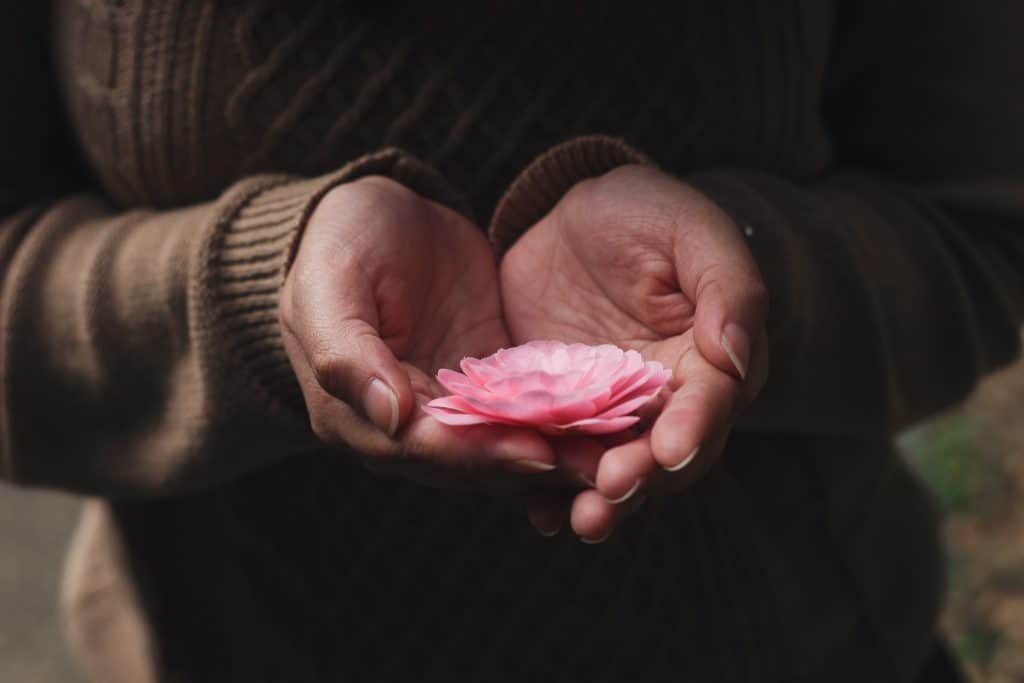At The Open Sanctuary Project, we strive to provide resources that can serve animal sanctuaries of all shapes, sizes, and species mixes, and we hope to honor the diverse approaches that sanctuaries implement in the care for their residents, provided that these choices are not determined to be against their best interests.
There is a tremendous amount of latitude in the many choices that a sanctuary may make in carrying out their missionThe stated goals and activities of an organization. An animal sanctuary’s mission is commonly focused on objectives such as animal rescue and public advocacy. and caring for their resident population; we refer to this latitude as an organization’s “Philosophy of Care”. Each organization will have to ultimately make these care decisions for themselves, perhaps due to their ethical or philosophical guiding principles, perhaps due to the specific needs of certain resident populations, perhaps due to economic or geographic realities, or, most likely, some combination of many factors. Some sanctuaries publicly share their philosophy in the form of minimum care guidelines that the sanctuary guarantees to each incoming resident; others treat these decisions as solely an internal set of policies, and many sanctuaries may have some public and some private policies.
Regardless of how these decisions are communicated, it’s not uncommon for sanctuaries to have disagreements as to the best course of action for many tough calls, including both routine policies and reactions to unexpected events. In fact, it’s rare for any two sanctuaries to agree on every aspect of their Philosophy of Care!
If The Open Sanctuary Project highlights a consideration as a “Philosophy of Care” decision, we try to lay out an explanation as to why sanctuaries may make different choices if it isn’t immediately clear. As with all care decisions, we hope that individual sanctuaries think carefully about the choices they can make, look into the issues themselves, and reach their own conclusions about how to do right by their specific resident population.









